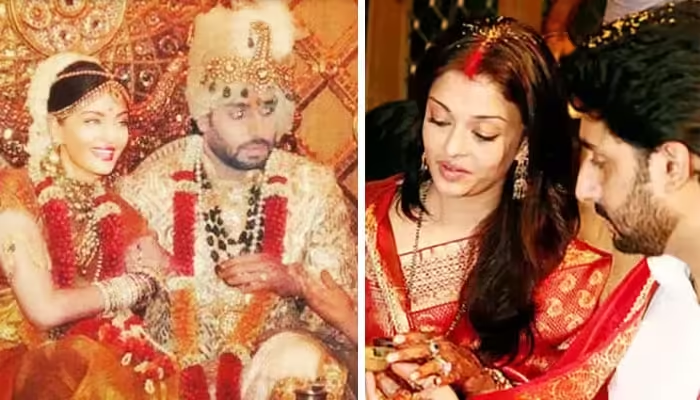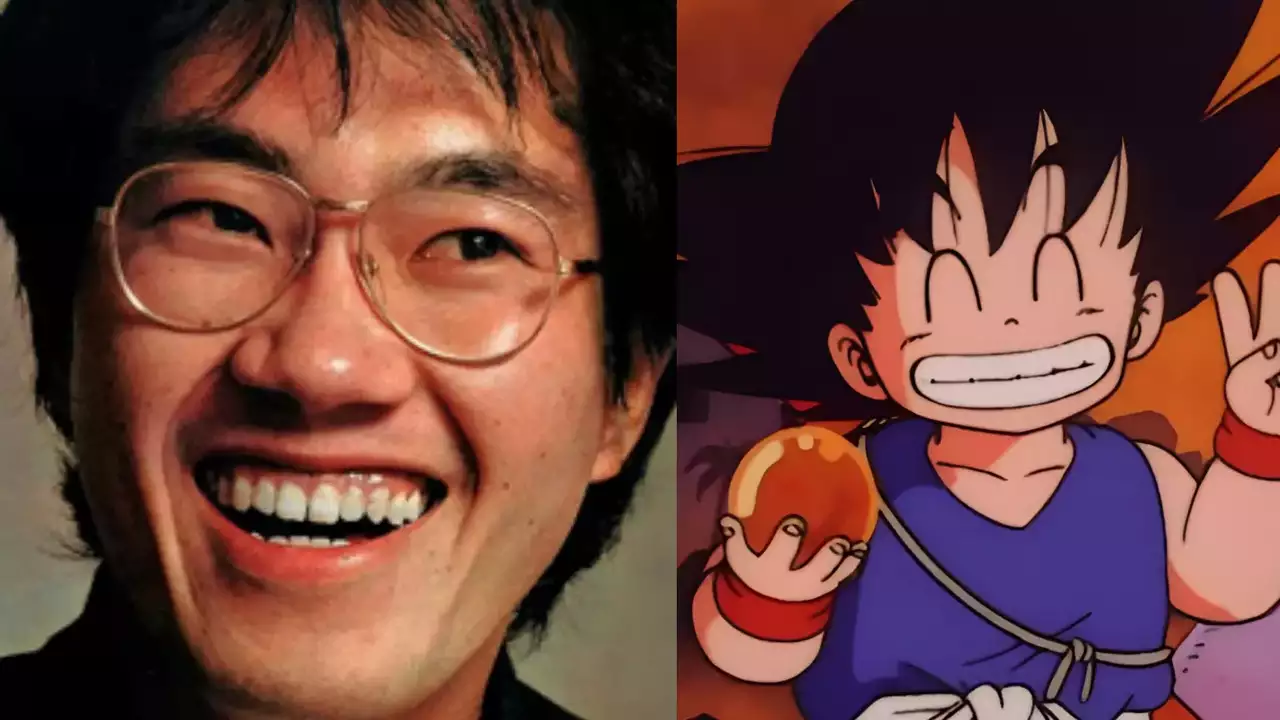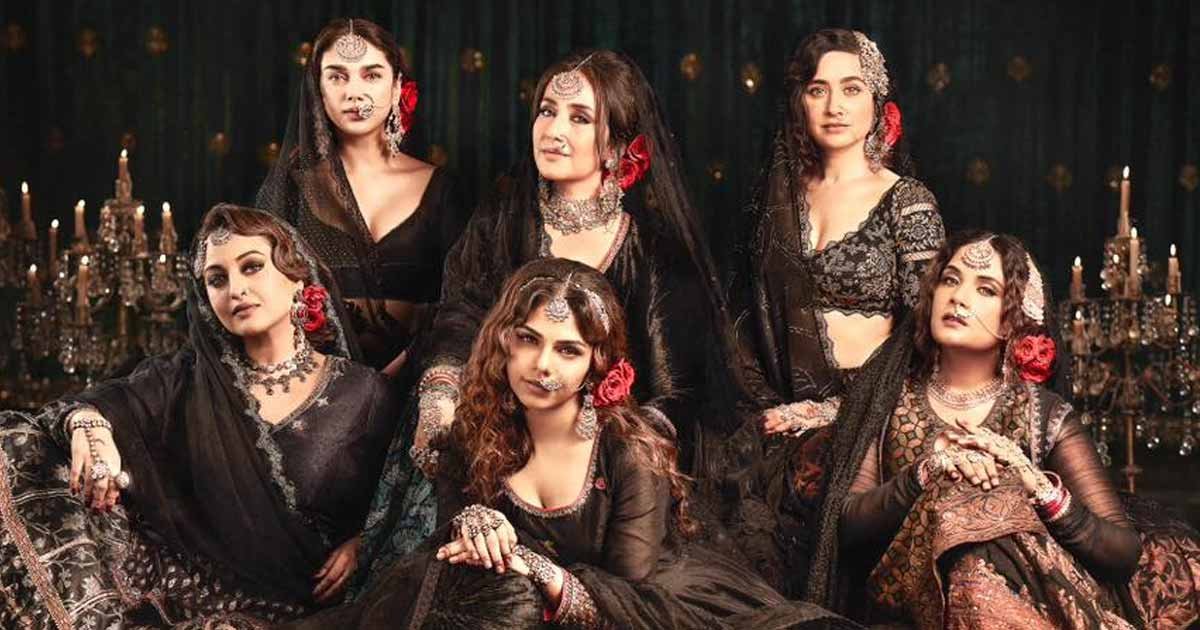In April 2007, Bollywood stars Aishwarya Rai and Abhishek Bachchan celebrated their marriage in a highly anticipated but relatively private ceremony. Held at the Bachchan family’s residence, Pratiksha, in Mumbai, the wedding was attended by numerous friends, family members, and notable figures from the film industry. However, some big names in Bollywood, notably Rani Mukherjee, were missing from the guest list, raising questions and sparking media discussions.
Rani Mukherjee, a prominent Bollywood actress, has shared the screen with Abhishek Bachchan in several hit films, including Bunty Aur Babli, Yuva, and Kabhi Alvida Na Kehna. Given their on-screen camaraderie and evident chemistry, many assumed that Rani would naturally be invited to such a significant event in Abhishek’s life. However, to the surprise of many, Rani was not on the guest list, sparking curiosity about the nature of her relationship with the Bachchan family, particularly with Abhishek and Aishwarya.
In a later interview with Filmfare, Rani Mukherjee opened up about her feelings on not being invited to the wedding. She expressed a sense of disappointment and a realization that her friendship with Abhishek may have been more professional than personal. “You can be fooled into thinking that you’re someone’s friend,” she remarked, “but sometimes that friendship is confined to being co-stars on set.” Her response reflected a broader sentiment in the industry, where co-stars often develop bonds during the production phase of a film, only to realize later that these connections do not always extend beyond work.
When asked why she thought she was excluded from the guest list, Rani candidly mentioned that Abhishek would be better suited to answer that question. She acknowledged that perhaps their relationship was purely professional, saying, “Only Abhishek can shed light on why I wasn’t invited to the wedding. If someone doesn’t invite you to such an important occasion, it’s clear where you stand in their life.” She seemed to accept that their connection may not have been as deep as she initially thought. In her own words, it became evident to her that “we were just co-stars in films, not friends.”
Despite any disappointment, Rani displayed maturity and grace, expressing fond memories of working with Abhishek. She stated, “The poor man has been married for many years now, so we all have to move on. I always have good memories of working with him.” Her statement suggests that while the lack of an invitation may have initially hurt, she ultimately holds no grudges and has fond recollections of their time working together.
The event surrounding Aishwarya and Abhishek’s wedding has resurfaced recently amidst renewed rumors about troubles in their marriage. Over the past two years, speculations about a potential split between Aishwarya and Abhishek have surfaced in the media, though the couple has refrained from directly addressing these rumors. In fact, their recent public appearances have left fans guessing about the state of their marriage. Some speculations point to alleged extramarital affairs or differences between the two as reasons for a possible rift, though no credible sources have confirmed these claims.
Recently, a new photo of Aishwarya and Abhishek together has provided a glimmer of hope to fans, seemingly dispelling some of the rumors of an impending separation. For fans who have followed their relationship over the years, the image offered a sigh of relief and a reason to believe that the couple remains strong despite the challenges that fame often brings to a marriage. Still, these rumors have added a layer of intrigue to their relationship, with fans and media alike wondering about the true state of their marriage.
While Rani Mukherjee’s initial disappointment over not being invited to Aishwarya and Abhishek’s wedding was an unexpected revelation, her perspective sheds light on the nature of relationships in Bollywood, where the line between professional and personal connections can be complex. Her reflections serve as a reminder that while bonds are formed in the film industry, they may not always be as enduring or deep-rooted as they seem on screen.



